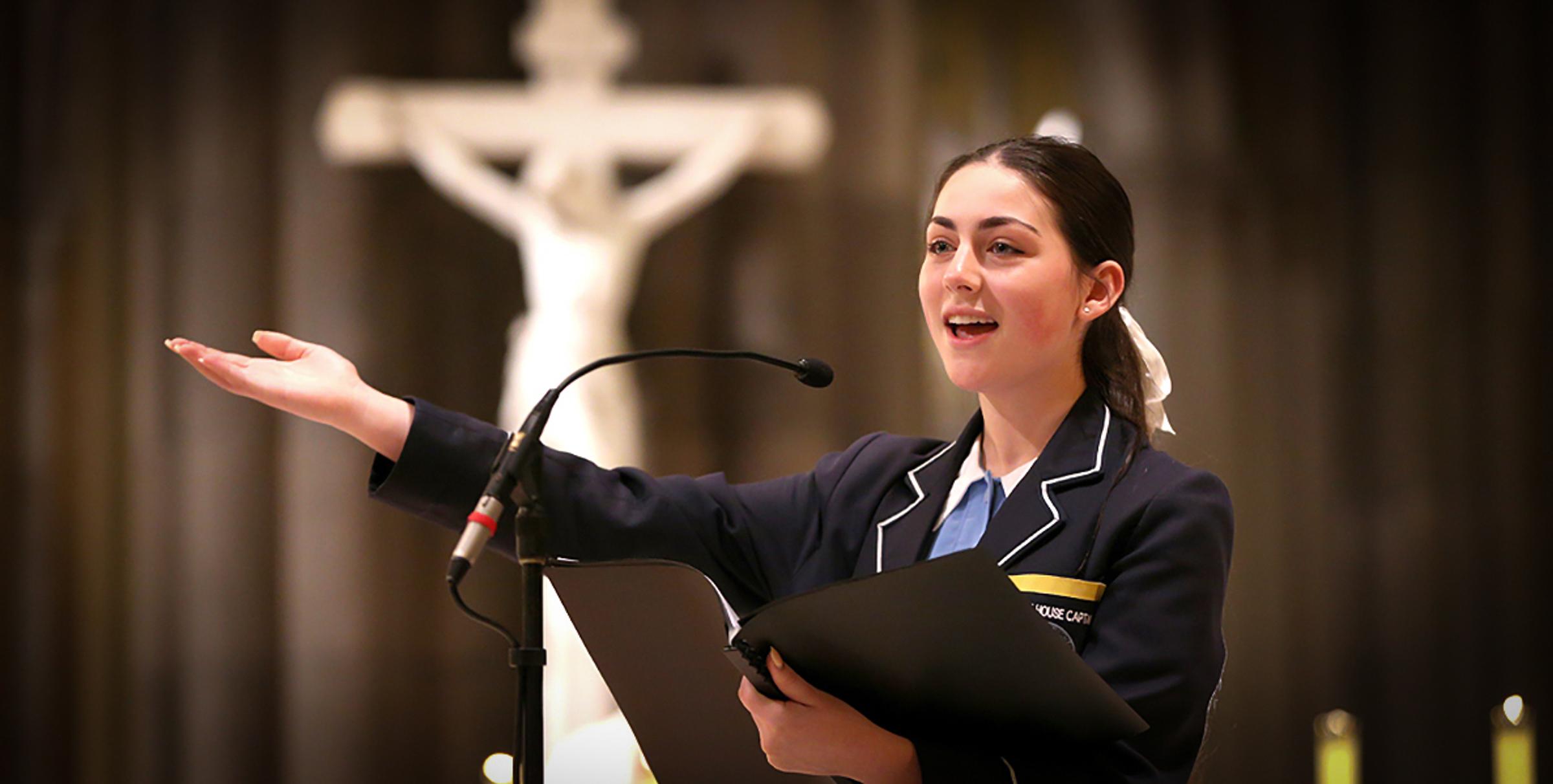Faith & Mission

‘A COFFEE, PHILOSOPHY & HOPE’
At an age when I should know better, I have taken up jogging. A typical Saturday morning now consists of a 4 km jog with a reward of a coffee and croissant at a local café. A chance to stop and read an article or two from the Tablet is icing on an already enjoyable cake.
Thus it came to pass that last Saturday, I was reading about Helena Wintour, a 17th century English Catholic and artist who was an embroider of a large collection of vestments for Catholic priests.
What is remarkable about this is, that in 17th century England, her Catholicism and her work places support of Catholic priests meant that she faced the very real dangers of arrest, trial and execution.
I am also currently reading the Quarterly Essay by Waleed Aly and Scott Stephens on the philosophy of ‘contempt’. The essay is a response to the growing tendency in our global and local communities for people to avoid debate and negotiation on the major social and moral issues of our day by merely dismissing anyone who disagrees with their viewpoint as being in the ‘basket of deplorables’, not members of the polity and ‘irredeemable’. (To reference Hilary Clinton’s infamous observation on the supporters of Donald Trump).
Of course I am very aware that through all of history, those communities with social, political and military power have designated peoples outside of their community as somehow lesser humans that can be crushed and exploited.
It says something about my perceptions of the world, that sitting with my short black, the fate of 17th century Catholics moved me. I think it was the realisation of the total randomness with which certain groups come to find themselves with the power to persecute those who they construct in their minds to be other.
Aly and Stephens reference the philosopher John Rawls who argued that envy, disdain, disgust, resentment, grudgingness, spitefulness and contemptuousness corrode the bonds between citizens and provide a base for the brutality and oppression of totalitarian societies.
With such pessimistic ideas spinning in my head, I attended the funeral of a local parishioner. He was a beautiful man who lived out the convictions of his faith.
The second reading for his funeral service came from St Paul’s famous passage from Corinthians.
Love is patient and kind. Love is not jealous, it does not brag, and it is not proud. Love is not rude, is not selfish, and does not become angry easily. Love does not remember wrongs done against it. Love takes no pleasure in evil, but rejoices over the truth.
This is good news. These are optimistic ideas that carry the promise of a hope-filled future. These are ideas that point to action in the face of global events that seem totally overwhelming.
In his new book, ‘A Gift of Joy and Hope’, Pope Francis refers to the power that comes from the small, daily interactions of our lives. Small actions that are guided by St Paul’s message of love build families, build schools and work places, build communities in which people can search for and grow towards the fullness of their humanity.
Mr Mark Hyland
Director of Faith and Mission
